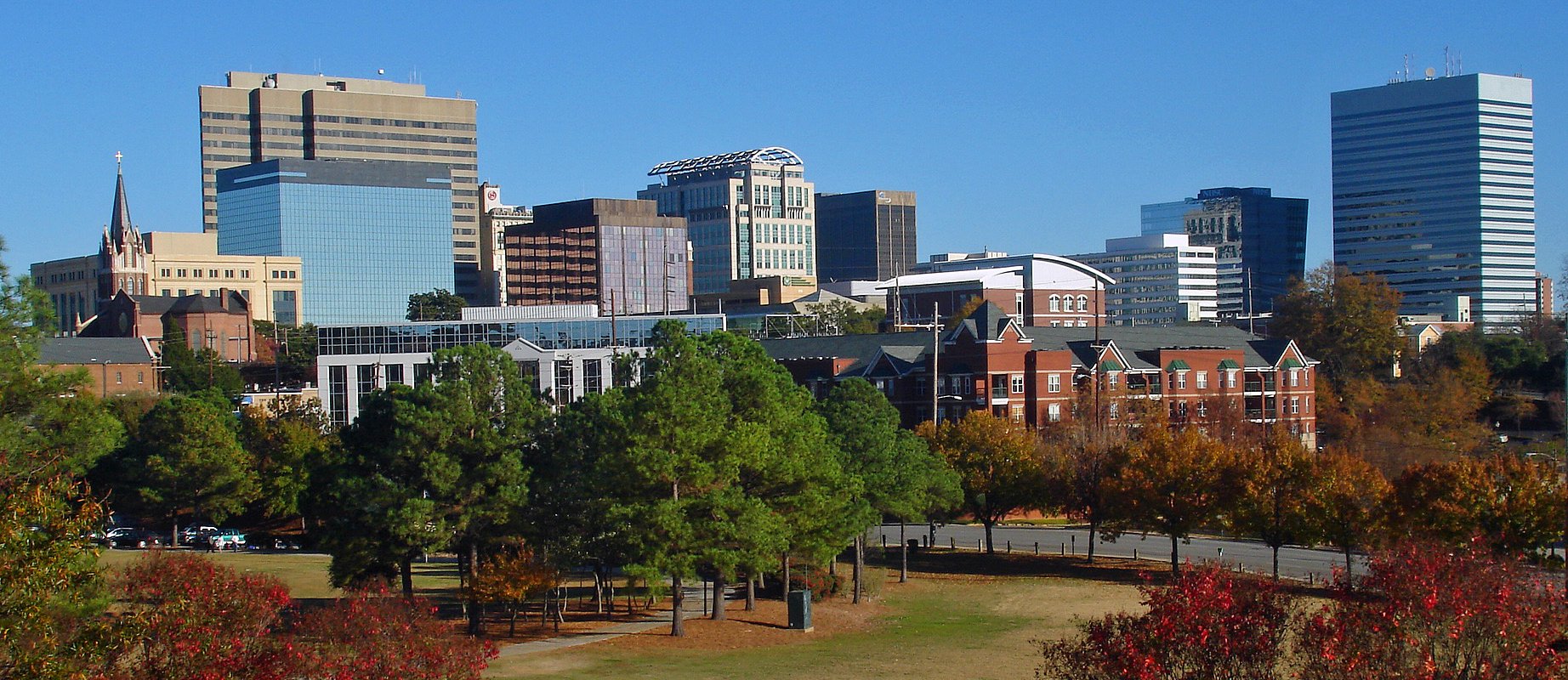First, please accept our heartfelt condolences for your loss. This is undoubtedly a challenging time emotionally, and having to make decisions about inherited property only adds to that burden.
You’re probably wondering, “I inherited a house, what should I do with it?” Should you keep it as a rental? Sell it quickly? And if selling makes sense, what’s the best approach for your situation?
You have several options available, but…
… we’re here to make this process easier for you.
As a family-owned business with over 10 years of experience as investors in Columbia real estate, we regularly purchase multiple properties each month throughout the Columbia South Carolina area. We frequently work with individuals who have inherited properties and need straightforward, hassle-free solutions – which is why we’ve compiled these helpful tips.
I Inherited A House, What To Do Next?
Here are some important factors to consider when deciding what to do with your inherited property:
1) Make sure the mortgage is paid.
This may seem obvious, but if the property has an outstanding mortgage (unless it was completely paid off, which is ideal), you’ll need to address those payments if you want to keep the house. Some lenders will permit loan assumption, while others may require refinancing. If you don’t qualify for a new mortgage, renting the property might not be a viable option for your situation.
2) The investment is only as good as the manager.
If managing real estate agents, maintenance issues, tenant concerns, rent collection, and all the complexities of property management doesn’t align with your skills or available time, consider hiring a professional or selling the property outright. Many inheritors choose to keep houses as rental income, which can be an excellent strategy. Just be prepared for the responsibilities that come with being a landlord – from tenant screening to unexpected repairs.
3) Property ownership costs money.
It’s uncommon to inherit a property in perfect condition. Most inherited houses require significant updates or repairs to maintain their value and functionality.
We recommend hiring a qualified home inspector to provide a comprehensive assessment of necessary repairs for the next five years, along with cost estimates. Unexpected property issues can quickly become very expensive burdens.
4) Selling a property for top dollar costs money.
If you’d prefer to avoid the hassle of making repairs, updating outdated kitchens, improving landscaping, and handling extensive cleanup, there’s a simpler solution. We buy Columbia houses for cash in as-is condition, with no repairs or renovations required.
5) If the market will continue to grow faster than your other options, hang on to the investment.
Our team can help analyze your property’s current value compared to the long-term benefits of renting. If you can utilize the property’s equity more effectively elsewhere with better returns than the real estate market offers, that might be your best move. However, if you don’t have better investment opportunities and the neighborhood is appreciating in value, holding onto the property could be advantageous – real estate can be an excellent investment when you understand market trends.
6) Uncle Sam wants a piece of the action.
Before making any decisions, consult with tax and legal professionals about your inheritance. There are significant property and income tax implications that can substantially impact the true cost of owning or selling your inherited property.
7) Consider all your options.
In certain circumstances, we can help structure a lease-option agreement that allows you to both rent and sell simultaneously – giving you the advantages of both approaches. While these arrangements can be complex, our extensive Columbia investment experience enables us to create solutions that work for your specific situation.
8) Compare a few scenarios.
As a BBB-accredited company with deep knowledge of the local market, we can help determine fair prices for any property in Columbia – including what you could get selling as-is today, the maximum market value after improvements, and the projected returns of converting it to a rental property (along with associated costs).

